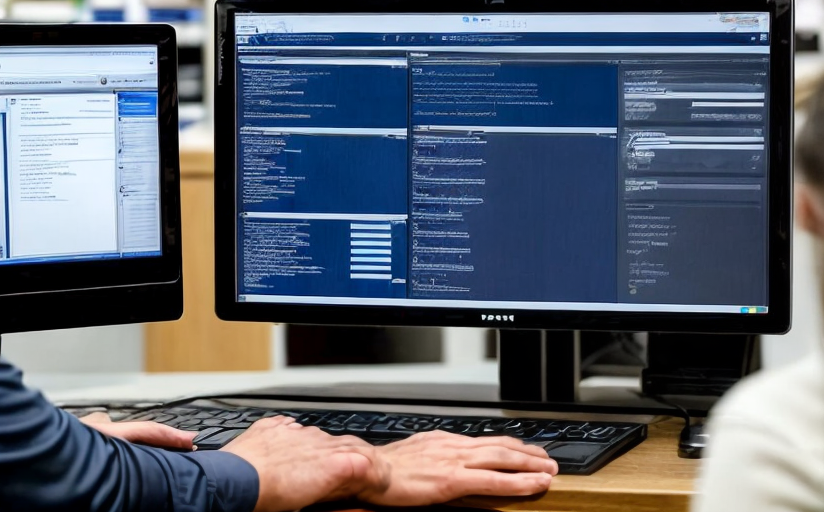How Artificial Intelligence is Impacting Small Businesses
The application of Artificial Intelligence (AI) has increasingly become prevalent among various industries and aspects of our lives. One particular sector experiencing a noticeable impact of AI is the small business. This article is a comprehensive exploration into how small businesses are adopting AI and utilizing its potential to facilitate growth and adapt to today's digital age. It aims to present an accurate, balanced view, considering both the advantages and drawbacks of AI in small enterprises, complete with real-life examples.
The Advantages and Drawbacks of AI in Small Businesses
Artificial Intelligence presents a myriad of benefits for small businesses. With AI, operations can be streamlined - complex tasks can be automated, data-driven decisions can be made with higher accuracy, and performance can be improved through machine learning algorithms. A Vistage research report in 2019 indicated that AI usage among small and midsize businesses jumped from 13% to 30% in two years.
However, the application of AI is not without challenges. Cost is a considerable barrier for many small firms. Developing bespoke AI systems and maintaining them can be expensive. Additionally, a lack of proper technical knowledge and skills can hinder successful implementation. Privacy concerns surrounding data handling and potential job loss due to automation are also significant drawbacks.
Real-World Scenarios of AI in Small Businesses
In recent years, numerous real-life examples have shown AI to be beneficial for small businesses. For instance, Amper Music, a New York-based small tech company, used AI to build a platform for non-musicians to create unique, royalty-free soundtracks within minutes. In retail, AI-powered chatbots are helping small businesses offer personalized customer experiences around the clock. Botsify, a small business, is an excellent example, facilitating customer service for other companies with their AI chatbot.
The Future of AI in Small Businesses
Experts believe that the adoption of AI by small businesses will only increase in the future. According to McKinsey Global Institute, AI can potentially contribute an additional 1.2 percent of additional GDP growth per year through 2030. AI will likely play a pivotal role in improving customer interaction, operational efficiency, and decision-making capability for small businesses. However, the future must also address concerns about privacy and job creation.
Indeed, AI's influence on small businesses is profound and complex, presenting both challenges and opportunities. As technological advancements continue, it's imperative for these firms to adapt, implement AI responsibly and harness its potential to the fullest.
















Comments
Leave a Comment